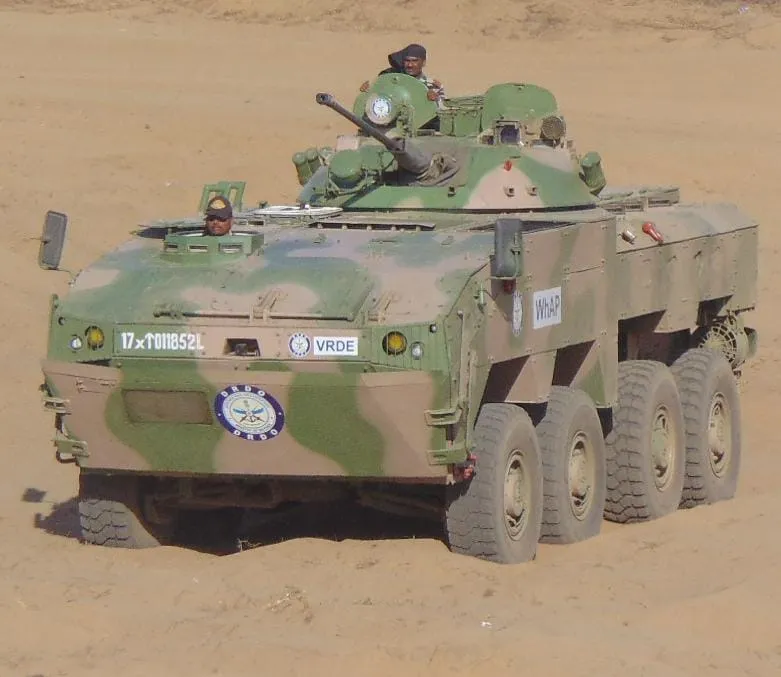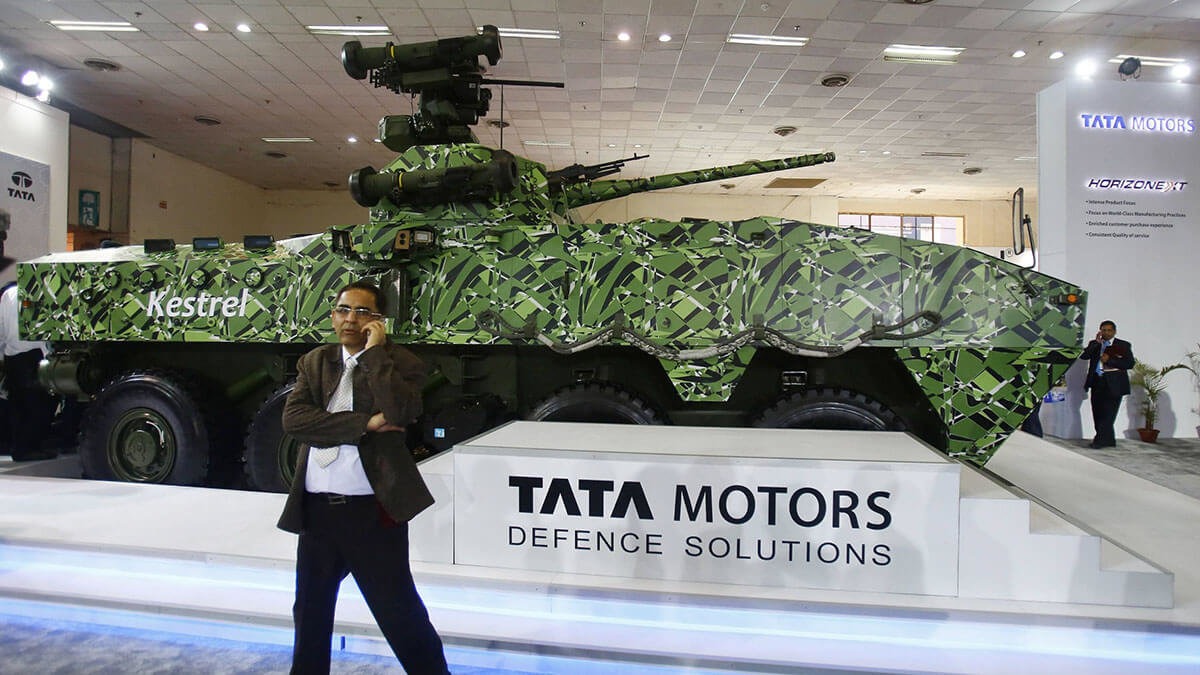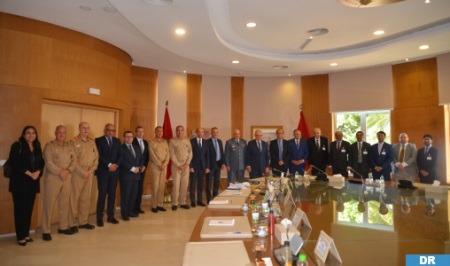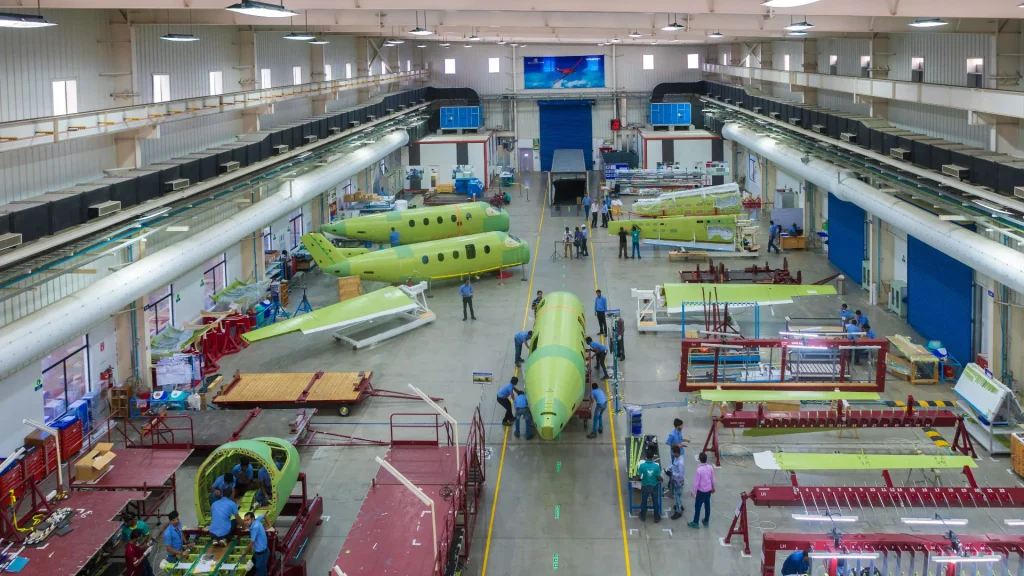Tata Advanced Systems Ltd (TASL) is setting up India’s first overseas defence manufacturing plant in Casablanca, Morocco, marking a significant milestone for the country. This facility will produce Wheeled Armoured Platforms (WhAP) specifically for the Royal Moroccan Armed Forces, with ambitions to cater to the broader African market in the future.

Production Capabilities
The new plant will be equipped to manufacture up to 100 combat vehicles annually and is expected to become operational within a year. The first WhAPs are projected to be delivered within 18 months. These vehicles, which are currently used by the Indian Army in limited numbers, have already seen deployment along the Ladakh border.

Strategic Importance
Sukaran Singh, CEO and Managing Director of TASL, highlighted the significance of this contract, noting that it not only contributes to the establishment of Morocco’s defence ecosystem but also serves as a gateway for TASL to expand into the African market for selected defence systems. He expressed gratitude for Morocco’s support in this groundbreaking production and supply agreement.
Joint Development and Testing

The WhAP, an amphibious infantry combat vehicle, was developed in collaboration with the Defence Research and Development Organisation (DRDO). Before being selected by Morocco, it underwent extensive trials in various challenging environments across Africa.
A New Era for Indian Defense Manufacturing
This factory represents the first major greenfield defence plant established by an Indian company overseas. While India has previously exported defence equipment and collaborated with global partners, this marks a new chapter in international manufacturing. The facility will employ approximately 350 people, with a significant portion of the work still to be carried out in India. Additionally, the establishment of a wholly owned subsidiary, TASL Morocco, further strengthens Tata’s foothold in the rapidly growing African defence sector.

Increasing Defence Exports to Africa
India is actively pushing for defence exports to Africa through various government initiatives, including bilateral engagements. As the African defence market grows, Tata’s entry into this space is timely, especially as China and traditional suppliers like Russia and Europe dominate the region. The WhAP, designed to operate in diverse terrains, exemplifies India’s capabilities in defence manufacturing and innovation, showcasing a successful public-private partnership in the process.
